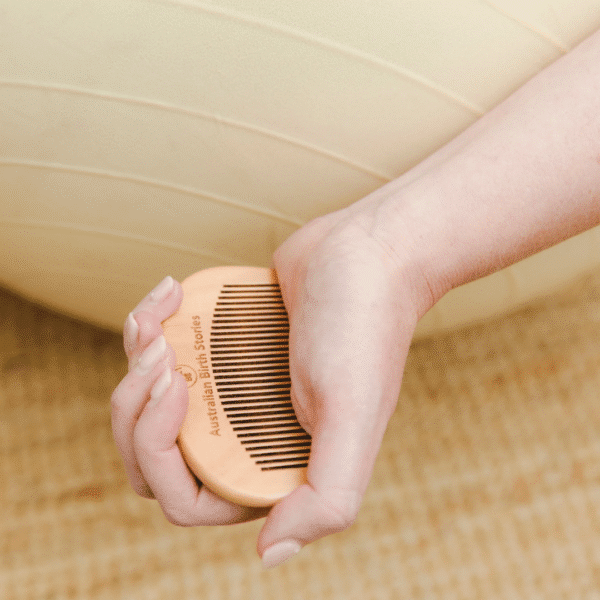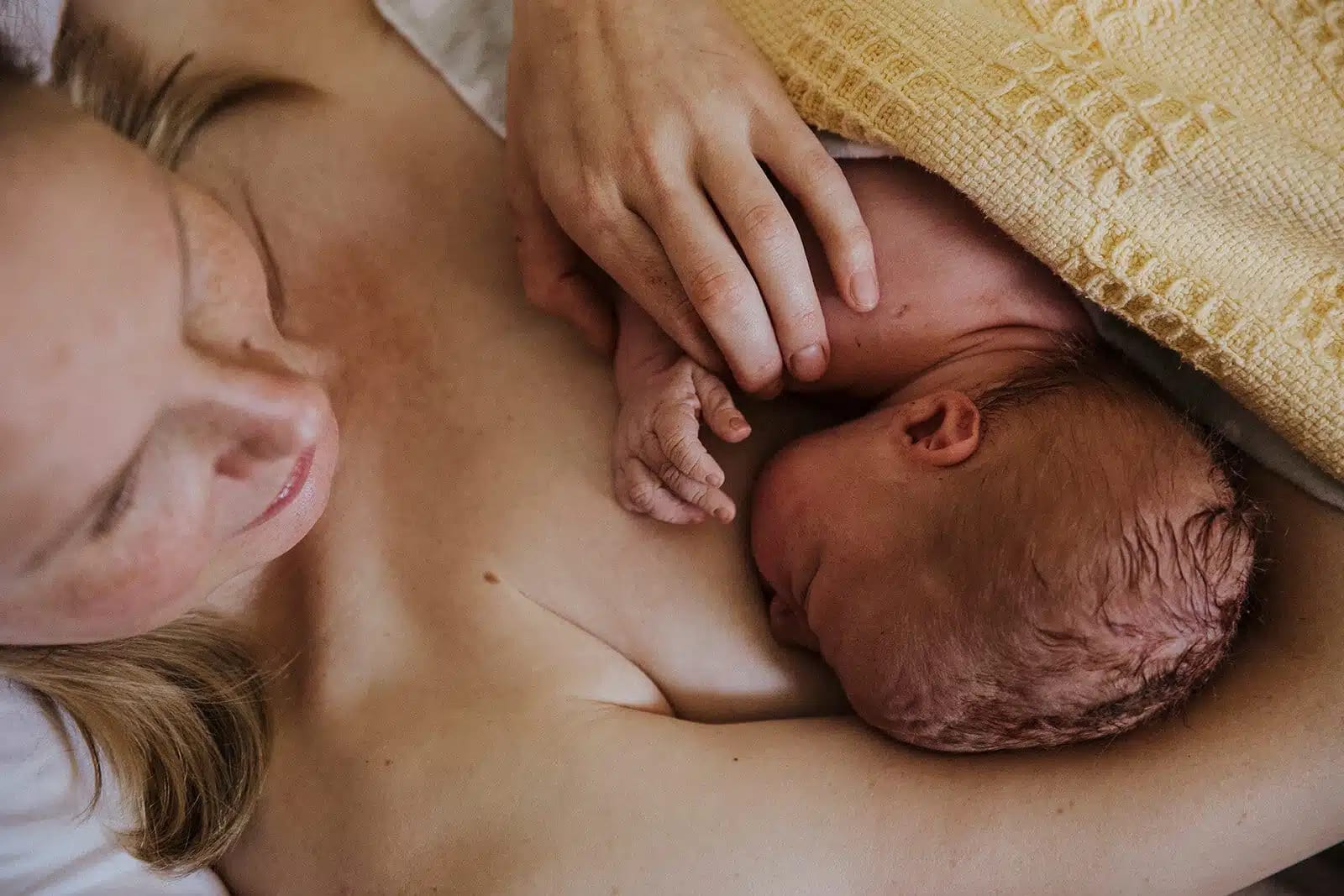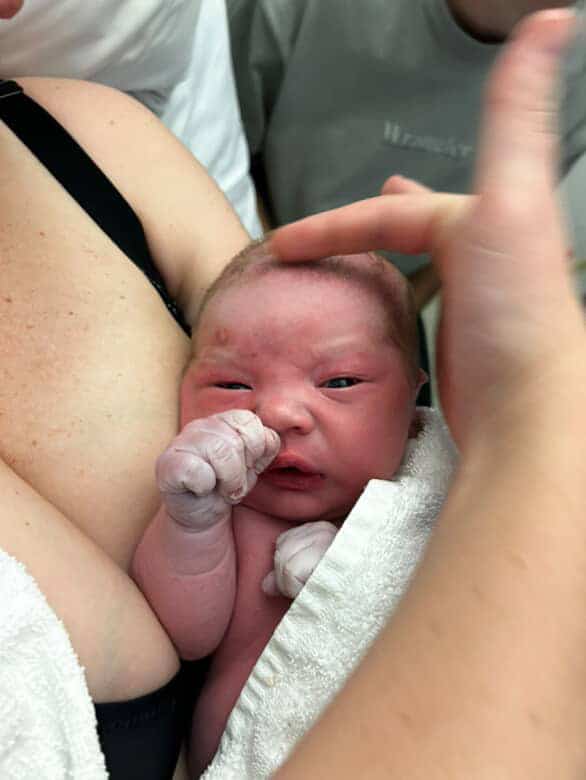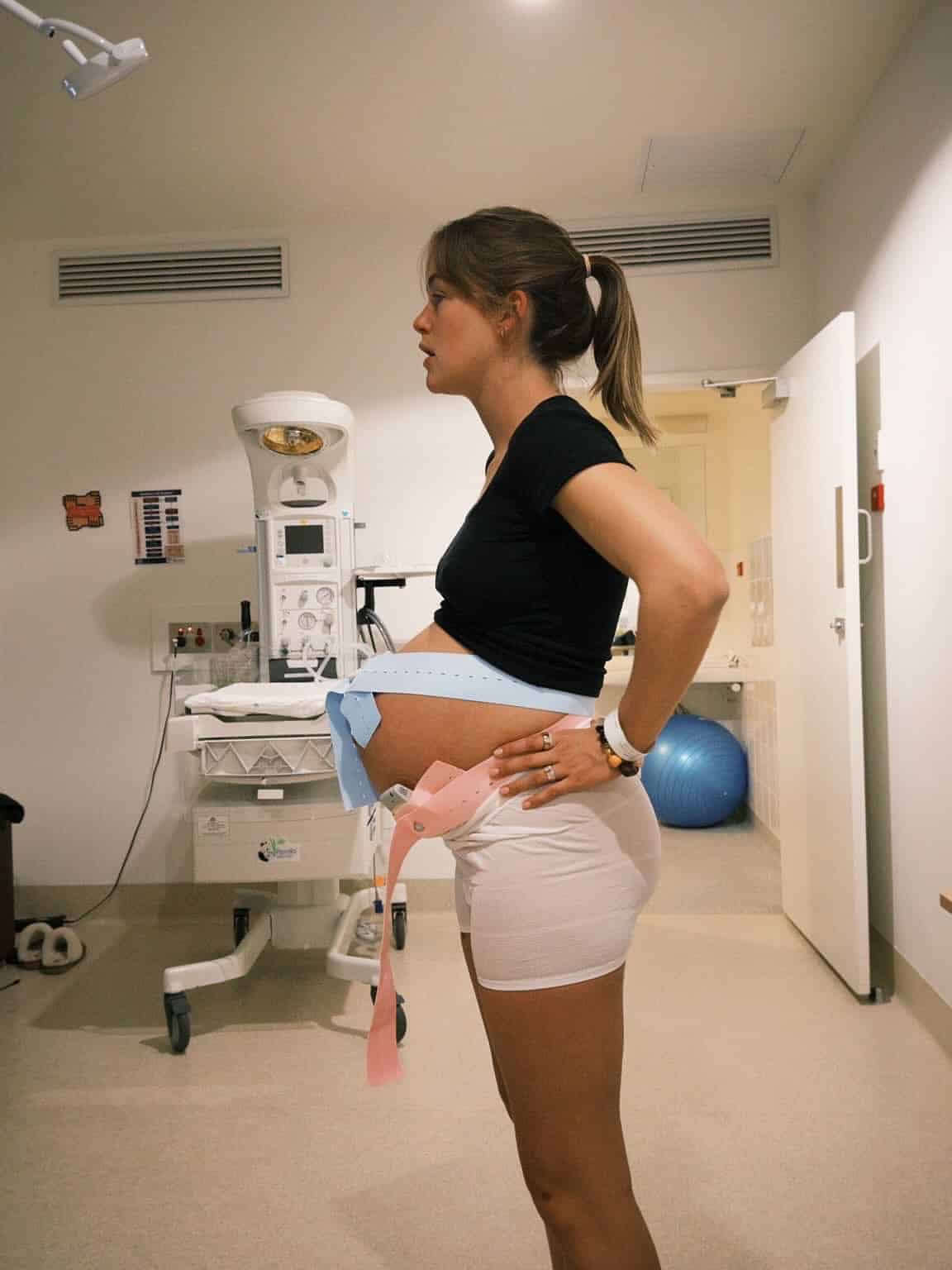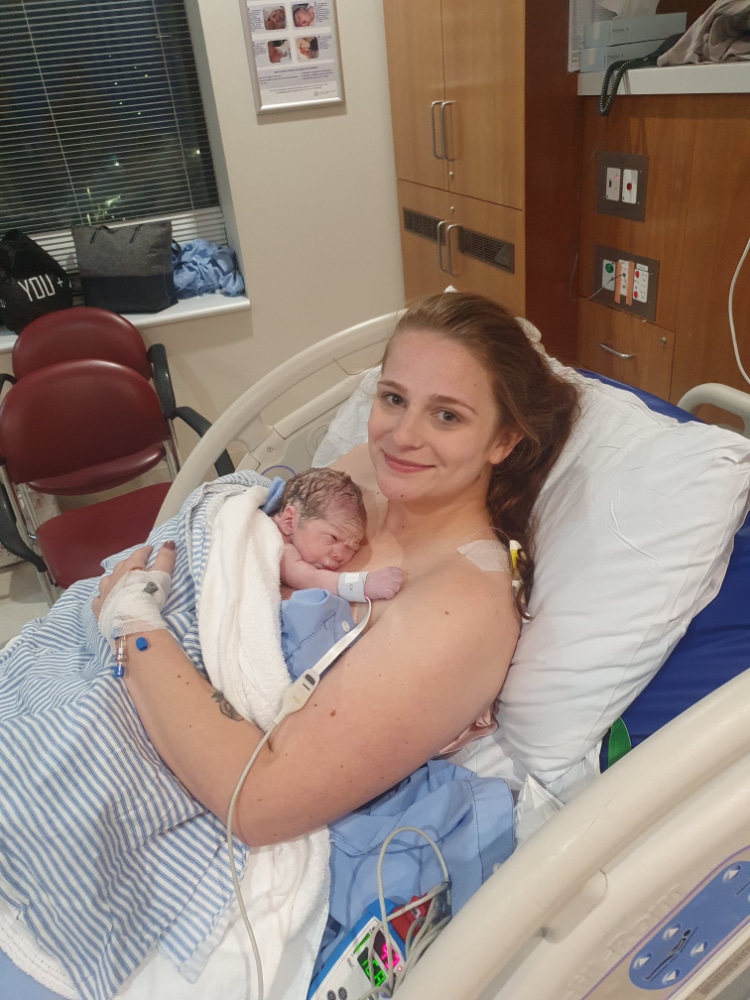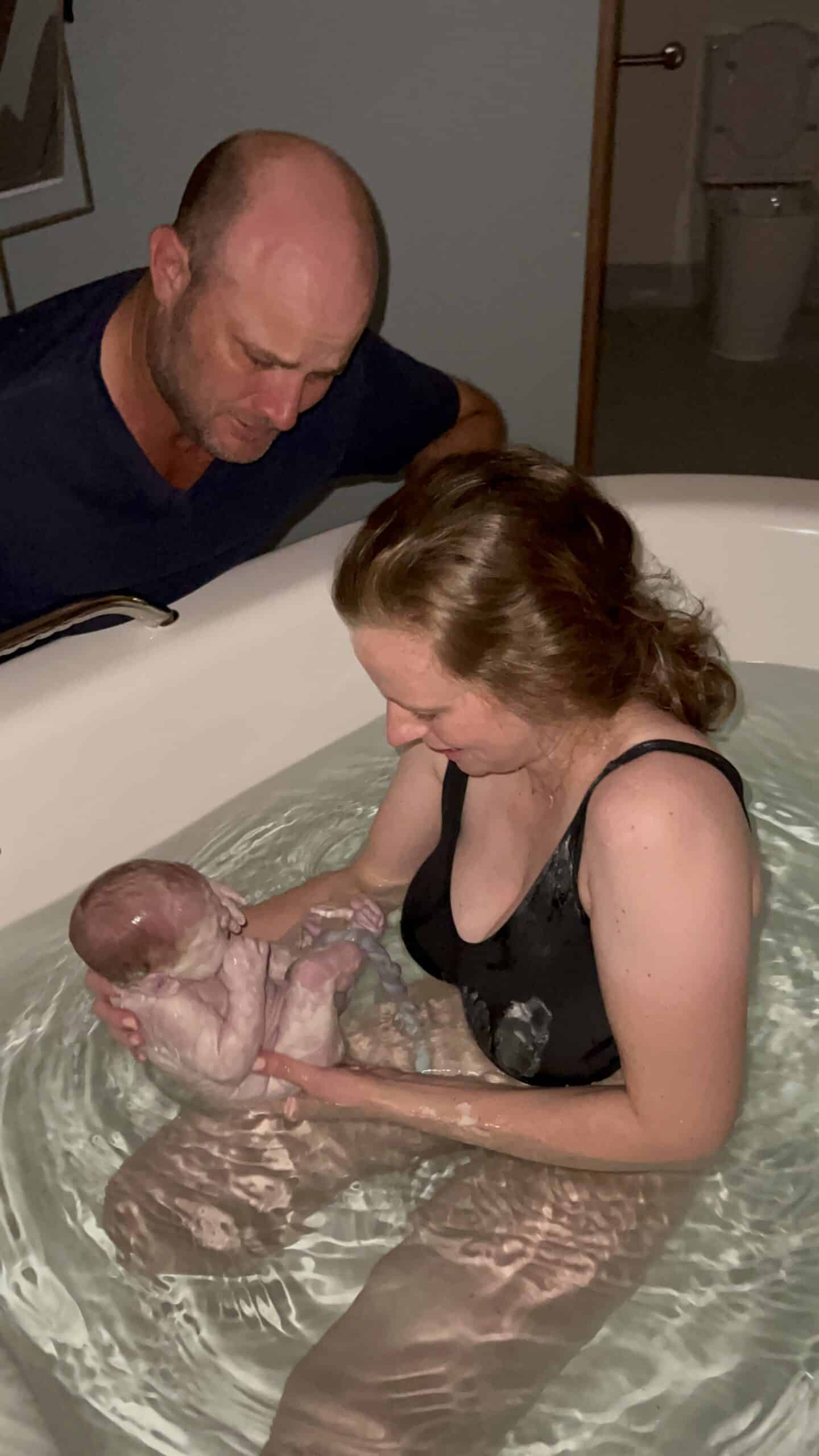Podcasts How to donate and receive donor breastmilk with Chris from Australian Red Cross Lifeblood
EPISODE 567
How to donate and receive donor breastmilk with Chris from Australian Red Cross Lifeblood
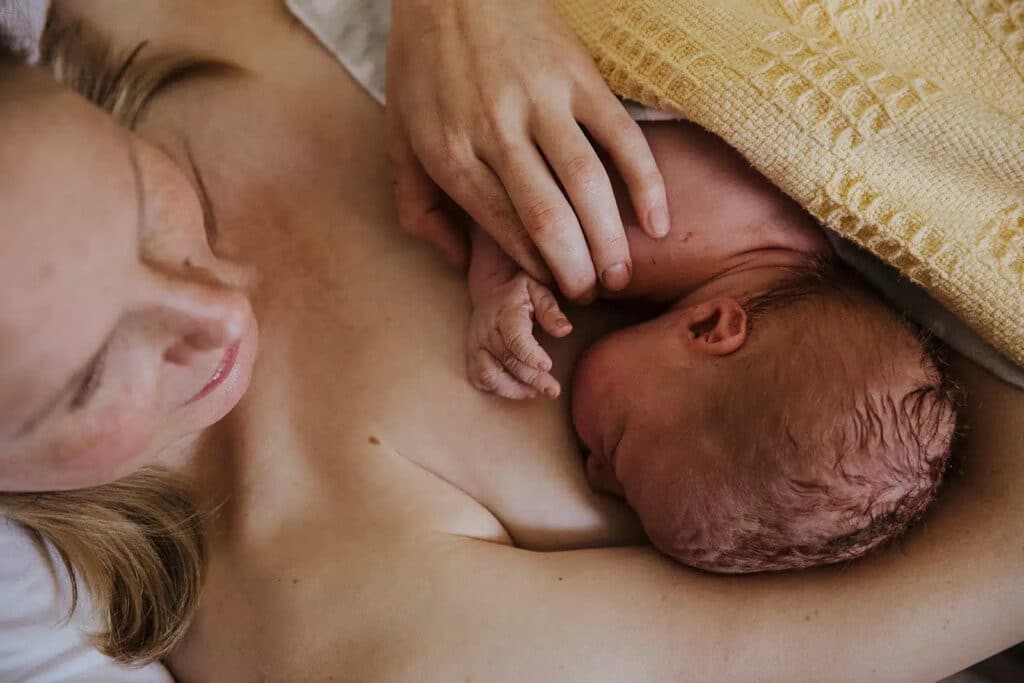
Chris brings a wealth of experience to this conversation, having spent most of her nursing career in neonatal intensive care units before transitioning to establish and manage the Red Cross Lifeblood milk program. Her passion for supporting both donor mothers and recipient families shines through as she explains the intricate process of milk banking and the profound impact it has on families during some of their most challenging moments.
The Critical Need for Donor Milk
The conversation begins with Chris explaining exactly who benefits from donor breast milk. “All of the research for the benefits of donor human milk is less than 32 weeks and or 1500 grams, or at clinician’s discretion, which would mean like-term babies that are undergoing heart or gut surgery,” Chris explains. These tiny babies are particularly vulnerable to necrotising enterocolitis, a serious gut infection that can occur when premature babies are exposed to cow’s milk protein through formula.
The World Health Organisation’s recommendation is clear: in the absence of sufficient mother’s own milk, donor milk should be the next option before formula. “So normally these tiny little babies who are very fragile and vulnerable are very prone to getting a serious gut infection called necrotising enterocolitis if they are exposed to formula,” Chris notes, highlighting why donor milk is so crucial for these vulnerable infants.
The Donation Process: Rigorous but Rewarding
For mothers considering donation, Chris walks through the comprehensive screening process that ensures the safety of every drop of milk. The journey begins with online eligibility screening, followed by detailed health and lifestyle questionnaires. “We do retrospectively collect the milk, but if you’re a first time mum, we like to not see you until about six weeks when baby’s six weeks old, just because once you’ve donated your milk, we can’t give it back to you,” Chris explains, emphasising the importance of ensuring the donor’s own baby’s needs are met first.
The minimum donation requirement is three litres, which might sound daunting but Chris reassures potential donors: “You have up to 10 weeks in which to collect that, so that averages out at around 45 mils every day for that 10 week period.” This thoughtful approach ensures that only mothers with genuine excess supply are donating.
Home Visits and Personalised Care
One of the most remarkable aspects of the Lifeblood program is their commitment to making donation as convenient as possible. “We do travel to the donor’s homes, we’ve been to a couple of workplaces. If baby is still in hospital, then we will go to the hospital and meet you at the hospital,” Chris shares. During these visits, donor coordinators conduct final health checks, take blood samples for infectious disease screening, and collect the donated milk.
Strict Safety Protocols
The safety measures in place are extensive and necessary given the vulnerable population receiving the milk. Chris details the careful screening around medications, supplements, and lifestyle factors. “A standard drink of alcohol is 100 mils… if you’ve had two or more standard drinks, then we’ll actually defer you for that day and the next day,” she explains. Even common medications like ibuprofen require a 24-hour deferral period.
The program’s approach to natural supplements is particularly interesting. “If you’re taking fenugreek or anything to support your lactation, your milk supply, then while you’re on that, we can’t take your milk. And for seven days afterwards,” Chris notes. The reasoning is logical: “If you’ve gotta take something to support your milk supply, do you really have an excess milk supply?”
Processing and Quality Control
The milk processing involves careful pasteurisation to ensure safety while preserving as many beneficial properties as possible. “It’s a very fine line between ensuring that the milk is safe to be administered to a very preterm, fragile baby while remaining or retaining as many properties of the breast milk as we possibly can,” Chris explains. The program maintains an impressive 92% pass rate for processed milk, well above the international standard of 70%.
Storage and Hygiene Guidelines
Chris provides detailed guidance on proper milk storage and expression hygiene. The key points include immediate storage in properly labelled bags with surname and date, avoiding mixing milk from different expression sessions, and maintaining scrupulous cleanliness of expression equipment. “If you lay it flat until it’s frozen, and then stand it up upright and pop it into the back of your freezer, you will get so much more milk in there because it’s nice and flat,” she advises.
Supporting Bereaved Families
In a particularly touching part of the conversation, Chris discusses how the program supports bereaved mothers. “We do take milk from bereaved donors… minimum donation volume drops to about 800 mils for a bereaved donor, simply because we don’t expect them to have the three litres. But it’s so important for their grief journey,” she explains. The program has even travelled outside their usual collection areas to support bereaved donors, recognising the profound importance of allowing these mothers to contribute to their baby’s legacy.
The Bigger Picture
The statistics Chris shares are truly remarkable: “Since we’ve started, we’ve recruited almost 5,000 donors… we’ve fed probably over 8,000 babies across Australia.” This represents thousands of families supported during their most vulnerable moments, often by mothers they’ll never meet but who chose to share their precious milk.
Ethical Considerations
Throughout the conversation, Chris emphasises the program’s ethical approach. They regularly check in with donors who might be over-expressing, particularly those who exclusively bottle-feed. “If you are still expressing the same amount of milk at six to nine months as you were at three to six months, it’s a conversation that needs to be had around… is this the best for your body?” This caring approach ensures donors aren’t compromising their own wellbeing.
Getting Involved
For those interested in donating, Chris directs them to lifeblood.com.au or the phone number 1300 13 45 90 40. The website includes detailed eligibility criteria and comprehensive guides on proper milk handling and storage.
This episode is essential listening for anyone interested in understanding how donor milk programs work, whether you’re considering donation, might need donor milk for your baby, or simply want to understand this incredible resource that supports Australia’s most vulnerable infants. Chris’s expertise and passion make this complex topic accessible and inspiring, highlighting how the generosity of breastfeeding mothers can literally save lives.
Topics Discussed
Australian Red Cross Lifeblood, donor breastmilk
Episode Sponsor
I rarely talk about supplements on here – mostly because so many aren’t backed by real evidence, and as someone who’s always reading the fine print, I’m pretty selective about what I’ll share with you. But every now and then, something stands out. Mother Dose by Land Lab is one of those rare finds that cuts through all the confusion. What has really impressed me is that it’s been formulated by doctors, dietitians, and naturopaths – every single ingredient is there for a reason, backed by evidence and aligned with current prenatal guidelines.
It includes the good stuff like choline for baby’s brain development, folate in its most active form, and a clinical dosage of ginger that’s actually proven to help with morning sickness. Over 50 health professionals have peer-reviewed the formulation, and they all said the same thing – it’s an amazing blend that delivers the kind of care every woman deserves.
And here’s what I love even more – through their charity arm, they provide completely free prenatals to women with an Australian healthcare card.
Whether you’re pregnant, trying to conceive, Mother Dose takes the overwhelm out of choosing a prenatal.
Check out Mother Dose at Land Lab – thoughtfully dosed, high quality prenatal care when you need it most.
Categories
Related Products
-
Birth Combs: Harness Your Body’s Natural Pain Relief
$24.95Crafted from smooth, natural wood, our birth combs activate specific pressure points in your hands that trigger your body’s innate pain-relieving responses.
Join the conversation
Sign up to get the latest updates, freebies, podcast releases straight into your inbox
@AustralianBirthStories
Follow along with us
@AustralianBirthStories
Follow along with us
@AustralianBirthStories
Follow along with us
@AustralianBirthStories
Follow along with us
@AustralianBirthStories
Follow along with us
@AustralianBirthStories
Follow along with us
@AustralianBirthStories
Follow along with us
@AustralianBirthStories
Follow along with us
@AustralianBirthStories
Follow along with us
@AustralianBirthStories
Follow along with us
@AustralianBirthStories
Follow along with us
@AustralianBirthStories
Follow along with us
